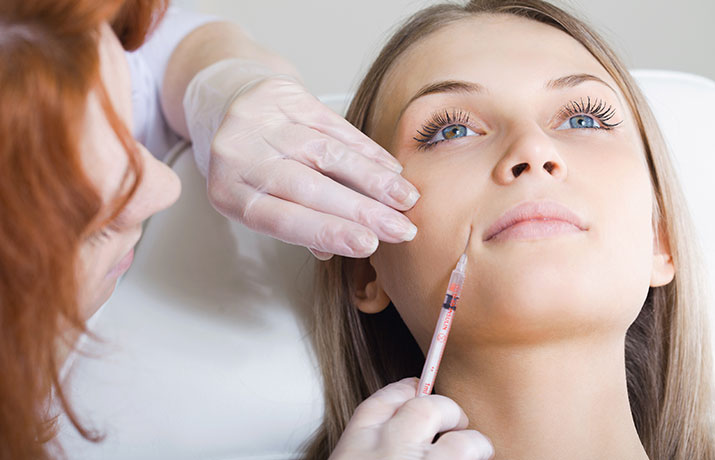Living with obstructive sleep apnea (OSA) can be challenging. Living with someone who is diagnosed with OSA can present challenges as well. A recent study conducted by the department of stomatognathtic physiology at the central hospital in Vasteras, Sweeden aimed to evaluate bed partners’ and patients’ self-reports of general well-being, physical strength and mental energy after treatment for OSA with a mandibular advancement oral appliance (OA). 134 patients who were diagnosed with true OSA were treated with an OA for more than one year. After treatment, a follow up questionnaire was sent to the patients and their bed partners. Both patients and bed partners reported improvement in all areas including general well-being, physical strength and mental energy as well as a decrease in daytime sleepiness. Dr. Stan Farrell has extensive training in treating sleep apnea and other sleep disorders. If you think you might be suffering from obstructive sleep apnea, call Dr. Farrell at 480-945-3629 to schedule your consultation and visit AZ TMJ at www.headpaininstitute.com.
Tegelberg A, Nohlert E, Bergman LE, Andrén A.
Abstract:
The purpose of the study was to evaluate bed-partners’ and patients’ self-reports of general well-being, physical strength and mental energy after treatment for obstructive sleep apnoea (OSA) with a mandibular advancement oral appliance (OA). Patients (N = 134) referred from medical physicians diagnosed with true OSA, i.e. an apnoea-hypopnoea index of > 10, were treated with an OA for more than one year. The somnographic evaluations were undertaken in a patient’s home before the start of, and six months after, treatment. An individually designed monobloc OA was manufactured by a dental technician for nightly use. After one year of treatment, a follow-up questionnaire was sent to patients whose sleep disorder was reduced > 50% from baseline values and to their bed partners. The questionnaire consisted of 15 questions or statements with multi-answer alternatives concerning well-being, physical strength, mental energy, sleep, day and night symptoms, and the Epworth Sleepiness Scale (ESS: eight questions). The questionnaire was answered by 82% (110/134) of the patients and 85 bed partners. Both patients and bed partners reported improvement in general well-being, physical strength and mental energy, between 70-80% for patients and 55-68% for bed partners sharing the same bed-room. Similar results were found for concentration ability, joyfulness and strength of effort in social intercourse, as well as decreased daytime sleepiness, improvement in the feeling of getting enough sleep and reduced nocturia. Conclusions: In all dimensions, the treatment effect had a great influence, not only on patients but on bed partners as well.

